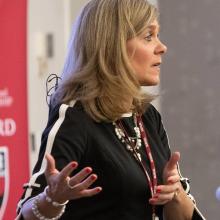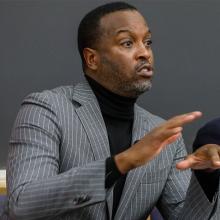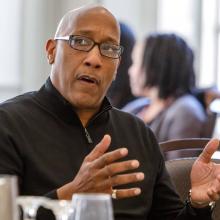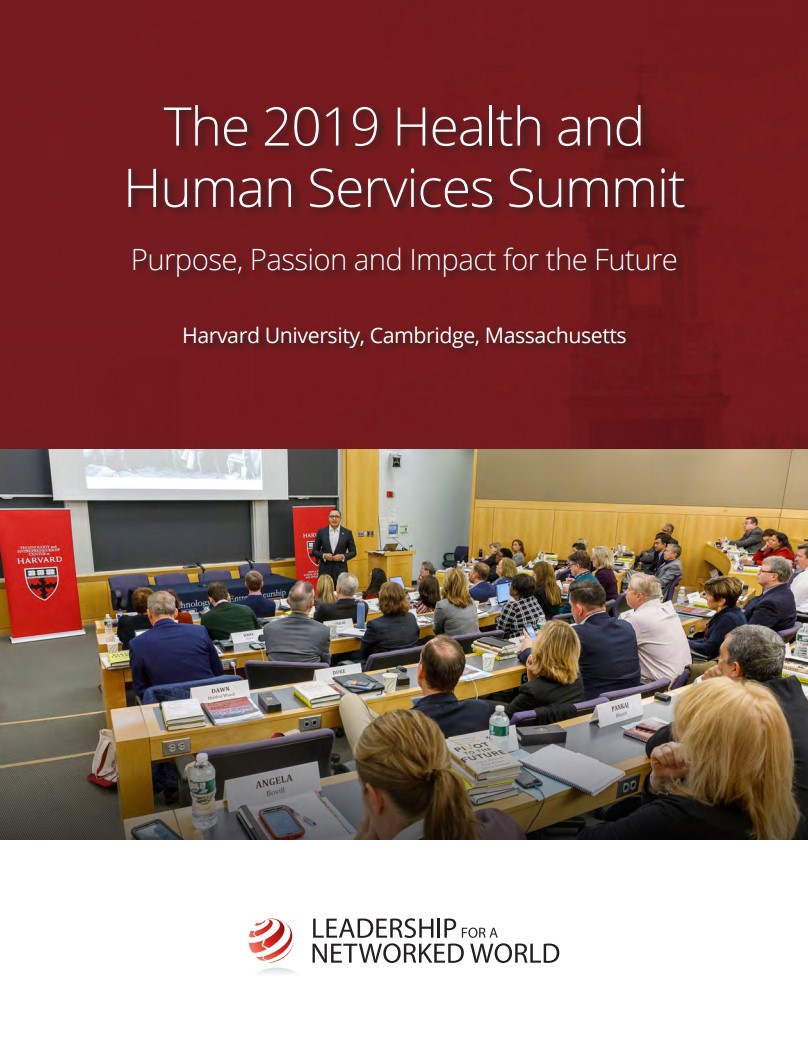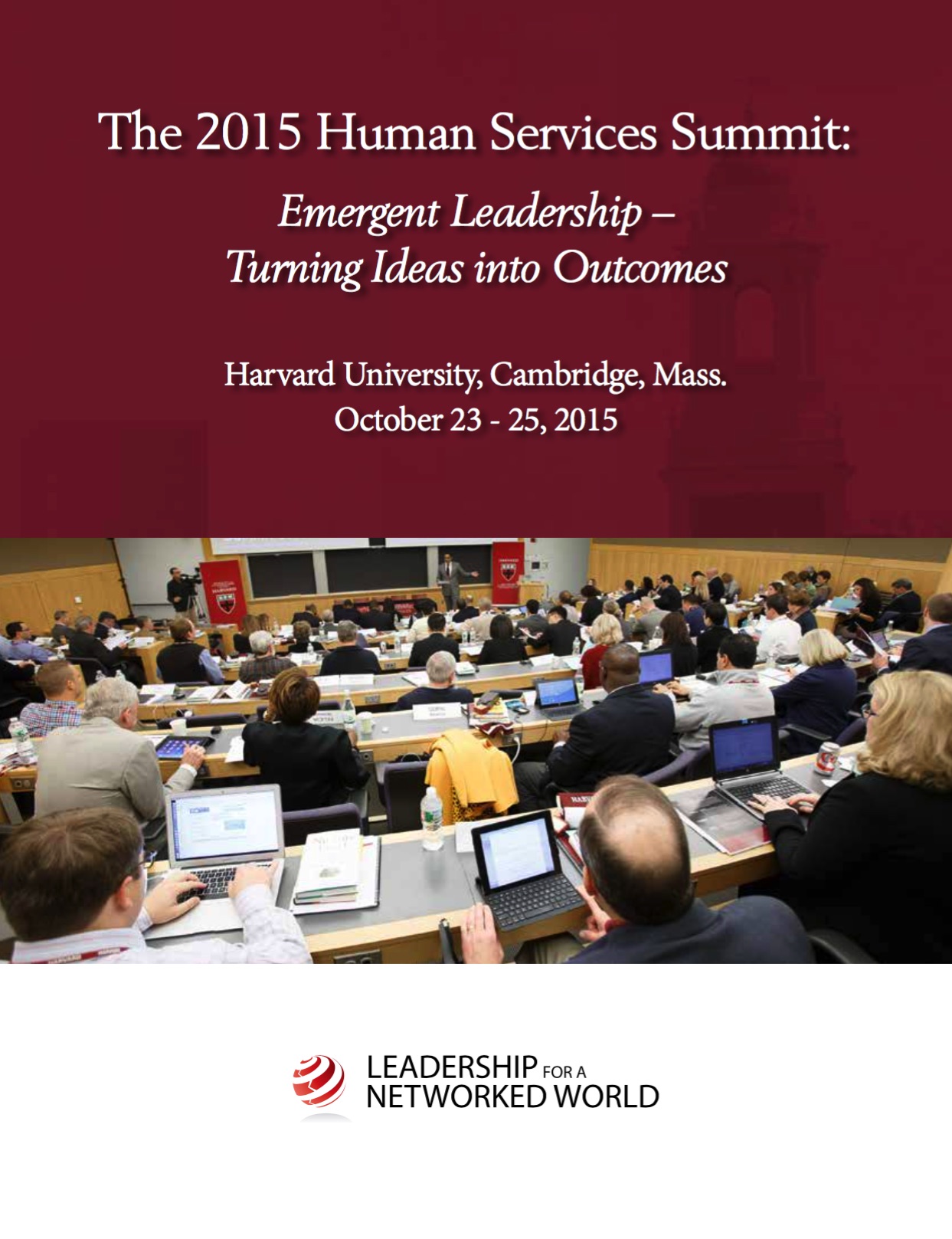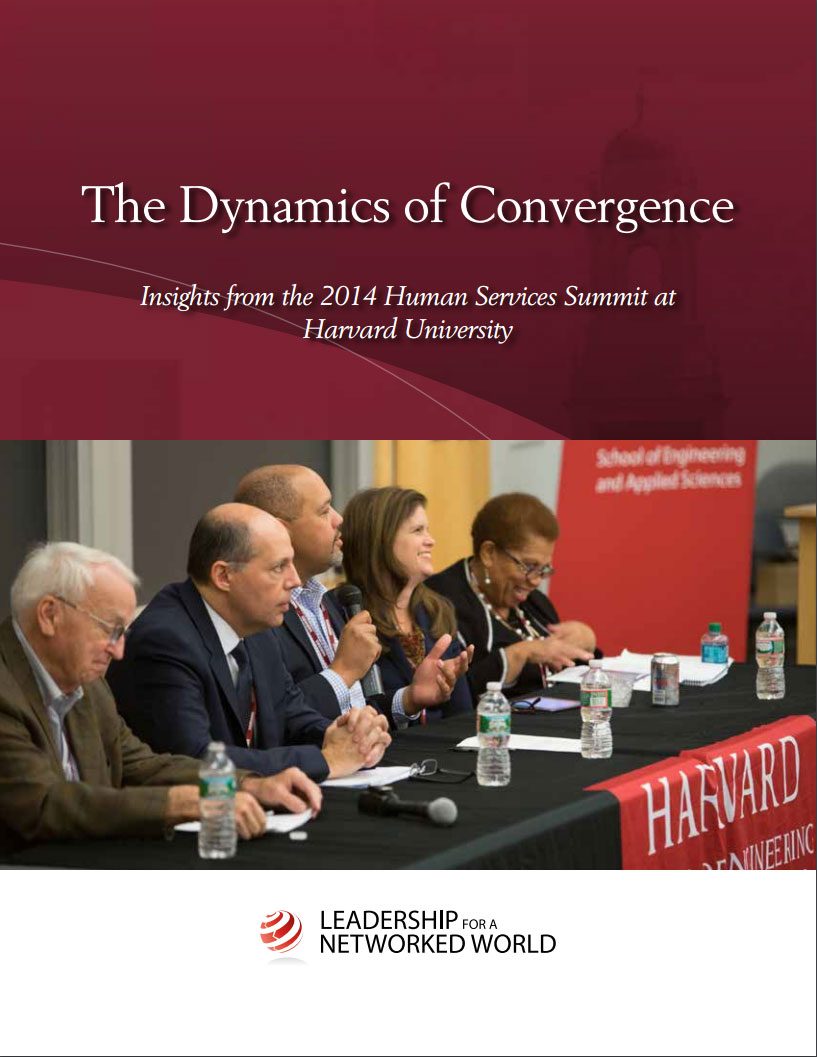About the Summit
Overview
Emerging into a vibrant new era of human services, the opportunities and challenges in advancing social and economic mobility have become more evident and dynamic. The impact of persistent health inequities, deep economic disparities, and rising environmental justice issues have shown that human services require broader vision and mindset, innovative services and solutions, and transformation in organizational capacity. Achieving this future state demands courageous leadership.
Yet what does courage mean in today’s world? And how do human services leaders activate courage? To start, it means transforming human services organizations by centering the lived experience of communities and customers. It necessitates leveraging that experience to build new organizational capacity and generative services while shedding past methods and ways of working. And imperatively, courageous leaders must orchestrate the energy, creativity, and endurance in themselves and their teams to act in time.
To help human services lead with courage during these times, the Technology and Entrepreneurship Center at Harvard and Leadership for a Networked World in collaboration with Change & Innovation Agency are convening senior-most executives for the 2023 Human Services Summit: Activating Courageous Leadership.
This new Summit, to be held October 27– 29 at Harvard University in Cambridge, Mass., will provide an unparalleled opportunity to learn from and network with the world’s foremost human services practitioners, Harvard faculty and researchers, and select industry experts to create the future of human services.
The Summit builds on a decade of health and human services research and events and brings a fresh format and perspective to catalyze innovation and generative growth as envisioned in the Human Services Value Curve.
The Summit will feature practitioner case studies, ideation sessions and topical workshops designed to help participants envision an actionable transformation plan and hone leadership skills. Summit participants will gain membership to a community of peers and experts and leave the Summit prepared and poised to not only build organizational capacity but also deliver improved outcomes for communities, families, and individuals.
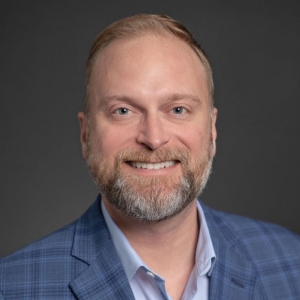
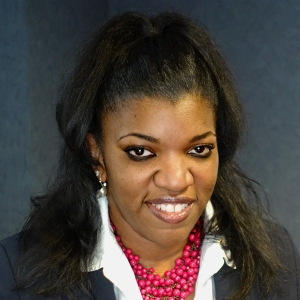
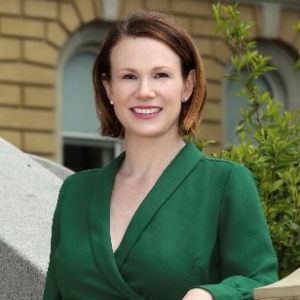
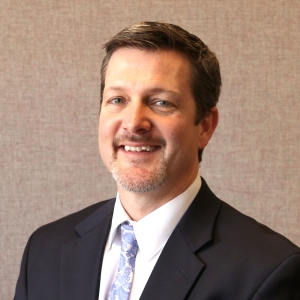
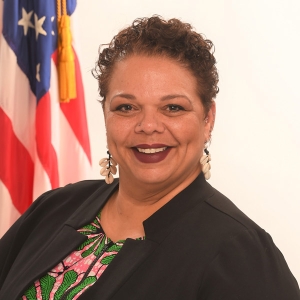
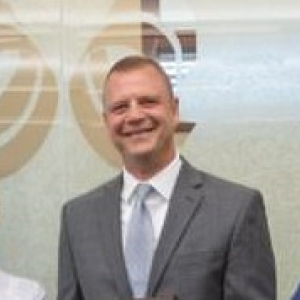
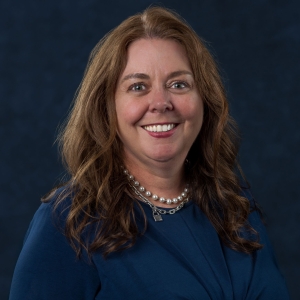
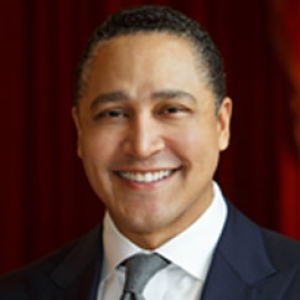
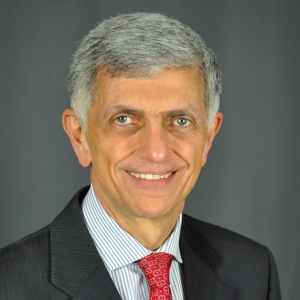
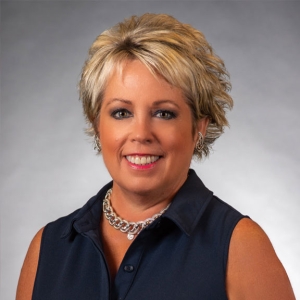
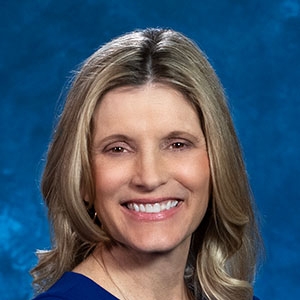
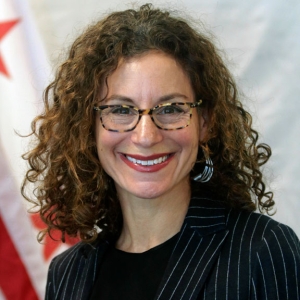
Who Should Attend?
Summit attendees are senior-level, health and human services executives, who aspire to improve outcomes and impact in the short term and design new solutions for the future. Regardless of title, all Summit attendees are “Chief Transformation Officers” in practice – leaders who strive to achieve equity in outcomes and build the social and economic mobility and wellness that help people, families, and communities thrive.


Admission & Participation
The Summit is an invitation-only program for senior health and human services executives. Other applicants will be reviewed and accepted on a case-by-case basis, depending in part on available space. We typically receive more applications than we can accommodate, so apply for your seat as soon as possible. This event is supported by the hosting and collaborating organizations, so there is no tuition fee to attend. Travel and hotel expenses, however, are the responsibility of individual participants.

